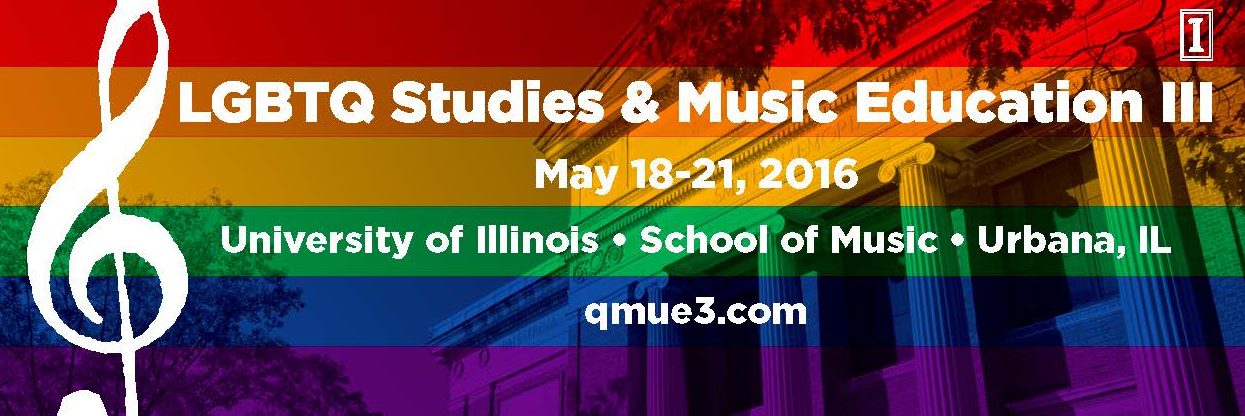Don Taylor
University of North Texas
Title:
Trials and Triumphs: Reflections on Coming Out as a Gay Pre-Service Teacher of Faith
Abstract:
Choral teachers often have the unique opportunity to practice their craft in school and church settings. In conservative communities, hostility toward the LGBT community can make identity negotiation in both settings quite challenging (e.g., Blount, 2005; DeJean, 2004; Ferfolja, 2005; Graves, 2009; Jackson, 2006; Quinlan, 2015; Sumara, 2007) Research has demonstrated that stressors related to environments perceived as homophobic have been associated with increased problems in physical health (Denton, Rostosky, & Danner, 2014; Huebner & Davis, 2007, Mereish, 2014) and mental health (Newcomb & Mustanski, 2010; Szymanski, Kashubeck-West, & Meyer, 2008). Educators of faith may receive negative messages from two key environments that can be simultaneously enriching and oppressive. Resilience in the face of such stressors may be key.
In a review of research on resiliency, Masten (2007) identified four strands of inquiry that often focus on innate strength and personal hardiness. While these factors may play a role in resilience, proponents of relational cultural theory (RCT) have posited that mutual empathy and growth-fostering relationships are key factors for maintaining personal sustenance in the face of adversity (Jordan, Kaplan, Miller, Stiver, & Surrey, 1991; Hartling, 2008).
Using RCT as a lens for investigation, this narrative study examined the trials and triumphs of a highly successful gay Christian pre-service music teacher whose struggles during the coming out process almost derailed his career. Raised in a rural town in the Deep South, the Southern Baptist church provided Zeke with a positive sense of spiritual identity as well as a formative music education. Yet when fired from his position as a part-time church choir director for being gay, he struggled to negotiate identity in spiritual, vocational, and personal terms. Findings illustrate the need for LGBT mentors in music education who can not only help students negotiate identity but who also create learning environments that foster positive interactions between pre-service teachers for mutual support.

Leave a Reply
You must be logged in to post a comment.